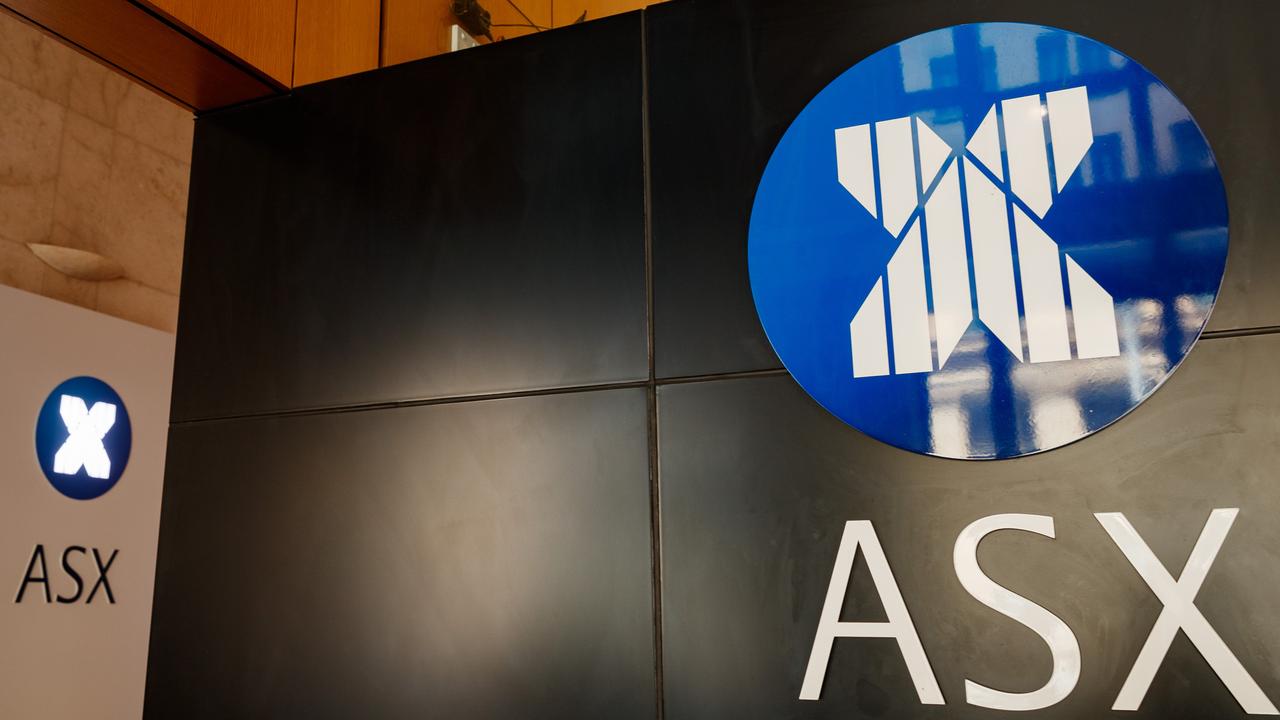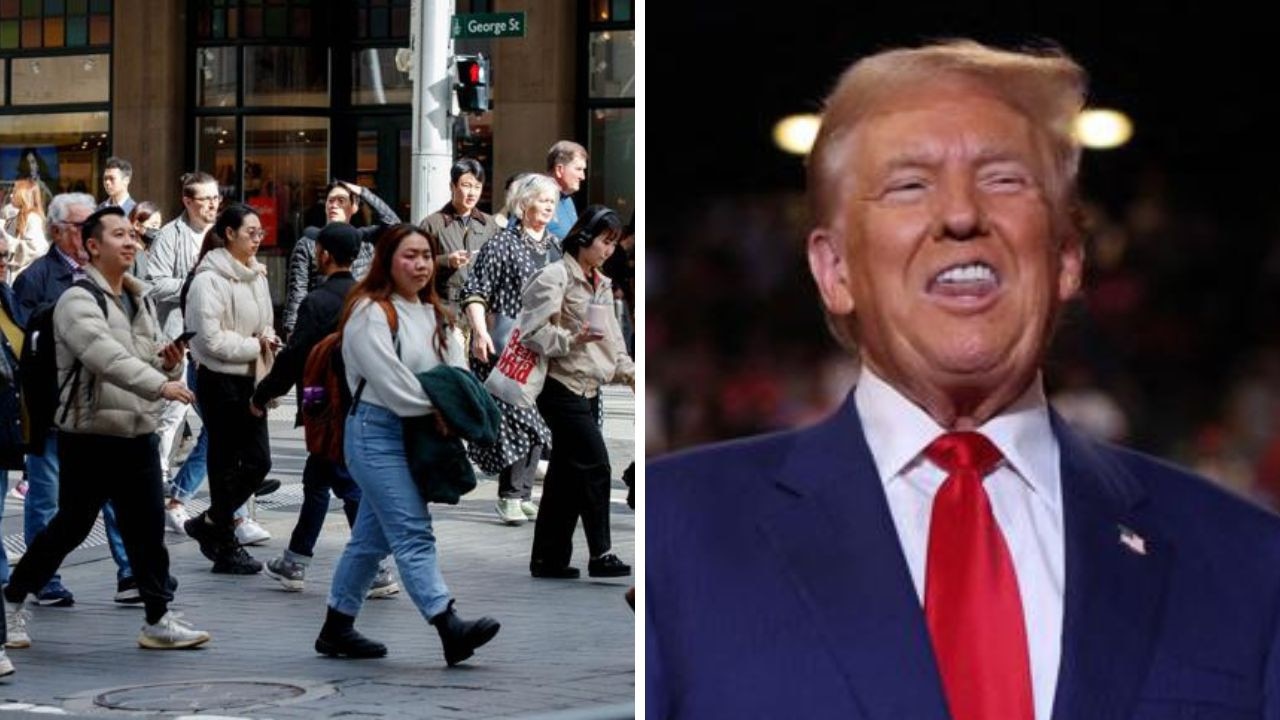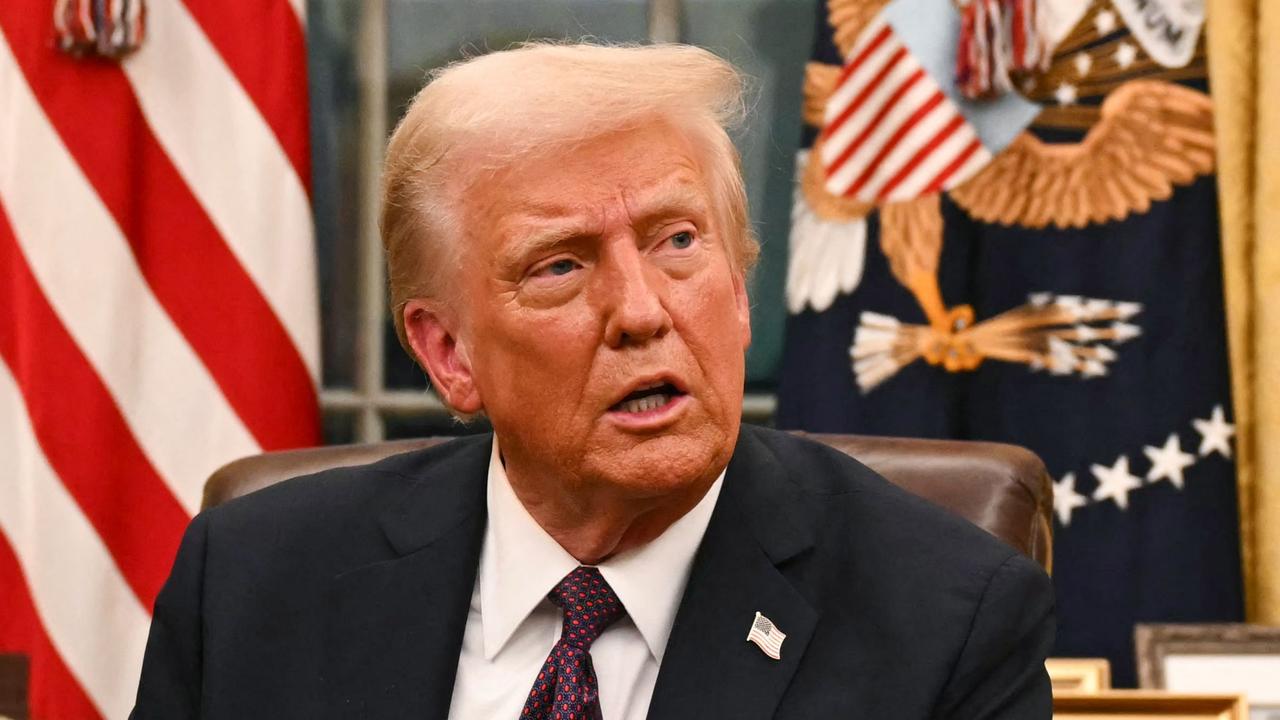Why Russia is not our biggest threat
YOU’VE no doubt seen the warnings about a second Cold War. But if you thought Russia was our biggest threat, you were very wrong.
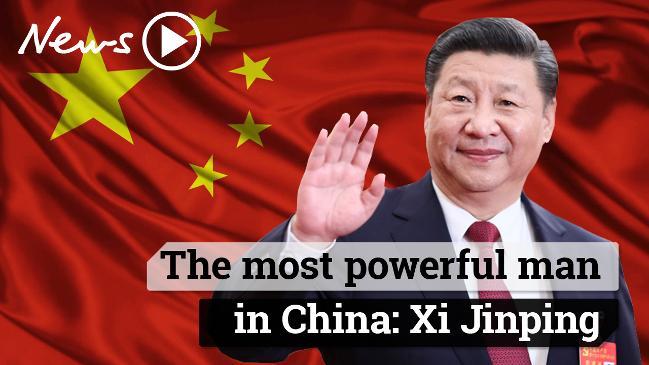
YOU’VE no doubt seen the warnings this week about a second Cold War.
On Friday, world leaders issued a united statement condemning a chemical attack on a former Russian spy on British soil.
Russia has denied involvement in the attack, vowing to expel its diplomats from the UK in response.
But as these countries engage in back-end-forth hostilities, a gamechanger steadily continues to rise in the shadows.
That gamechanger is not Russia, but China. And experts say it will drive the real global battle.
WHO’S DRIVING THE ‘NEW COLD WAR’?
There’s been much talk of a “Cold War 2.0” between Russia and the West.
In an earlier interview with news.com.au, ANU research fellow Dr Benjamin Zala said fears of a renewed Cold War with Russia were exaggerated.
READ MORE: How Cold War II could play out
READ MORE: First use of chemical weapon since WWII
“We are a long way from the kinds of dynamics that we saw during the Cold War between the Western and Eastern camps from the late 1940s to the late 1980s,” Dr Zala said. “This period was characterised by an all-out ideological competition that spanned the entire globe; today we are simply witnessing the return to more traditional great power competition over status and influence.
“There is no higher struggle for ideological supremacy today — just rather old-fashioned jostling over what are perceived as competing interests.”
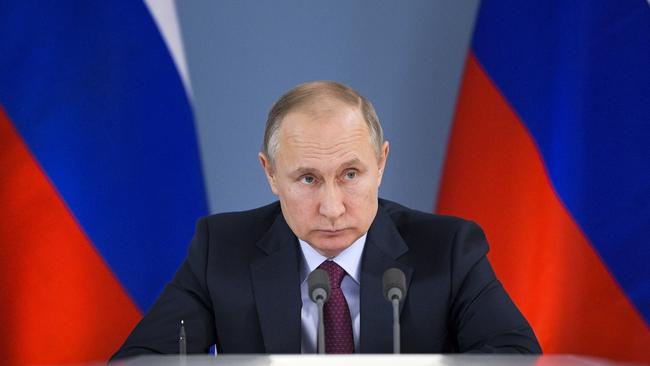
Harvard professor Stephen Walt also rejected this comparison.
“The current situation is bad. But to call it a “new Cold War” is misleading more than it is enlightening,” Prof Walt wrote in Foreign Policy. “If one compares the two situations more carefully, what is happening today is a mere shadow of that earlier rivalry.”
But Dr Malcolm Davis, senior analyst in defence strategy and capability at the Australian Strategic Policy Institute, said we can’t trivialise the threat of Russia.
Dr Davis told news.com.au relations between Russia and the West have been going downhill since 2011.
“Look at NATO’s approach to military planning. From the end of the Cold War to the end of 2014, they were focused almost exclusively on out-of-area operations and counter-terrorism. Now they have returned with a vengeance back to focusing on major power threats, and Russia in particular as the big threat to NATO,” he said.
That said, he noted that Russia’s threat — while aggressively led and military-focused — was more immediate than long-term.
But China is another story.
CHINA IS THE LONG-TERM THREAT
China has been asserting itself as a global power for well over a decade.
The country is getting more confident employing its rising power and influence. We’re seeing this in various ways: Beijing is pushing for a central place on the world stage, has abolished term limits for its president Xi Jinping, and is putting out nationalistic propaganda to its citizens in the form of film and television.
Writing in World Politics Review today, Perth USAsia Centre research fellow James Bowen suggested that if we’re going to draw comparisons to the Cold War, China’s game is the one to watch.
“Despite widespread concern about Russia, the most consequential great power struggle today is the one between the US and China,” Mr Bowen said.
At the heart of this is the “Belt And Road Initiative”, a trillion-dollar project that seeks to connect countries across continents on trade, with China at its centre.
The ambitious plan involves creating a 6000km sea route connecting China to South East Asia, Oceania and North Africa (the “Road”), as well as through building railway and road infrastructure to connect China with Central and West Asia, the Middle East and Europe (the “Belt”).
Basically, China wants to sit at the heart of the world.
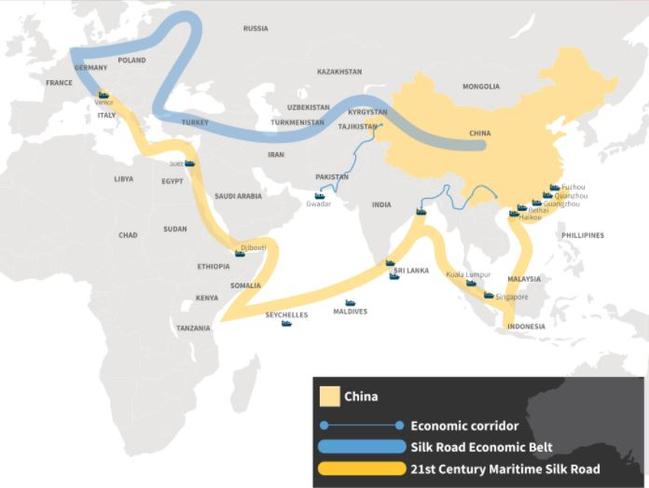
What does this have to do with the Cold War? Mr Bowen says there are a lot of eerie similarities to how last century’s tensions started.
For one thing, there are two rivalling bids for global domination, with each side — China and the West — suspicious of the other.
For another, he argues China is demonstrating the same self-interest that the US showed at the start of the Cold War, when it gave $US13 billion (the equivalent of over $US130 billion today) to Western Europe to increase its own influence.
And finally, he argues that the Soviet Union’s response to this plan was the same as the West’s current ongoing response to China’s Belt and Road Initiative. Last month, Prime Minister Malcolm Turnbull hinted at an alliance between Australia, India, Japan and the US as an “alternative” to China.
Dr Davis said China poses a long-term threat to the West — including Australia.
“China is emphasising the Belt and Road Initiative to increase their presence around the world, but they’re also developing a strong military to allow them to project power into the Indian Ocean, and to undertake an anti-American axis,” he said.
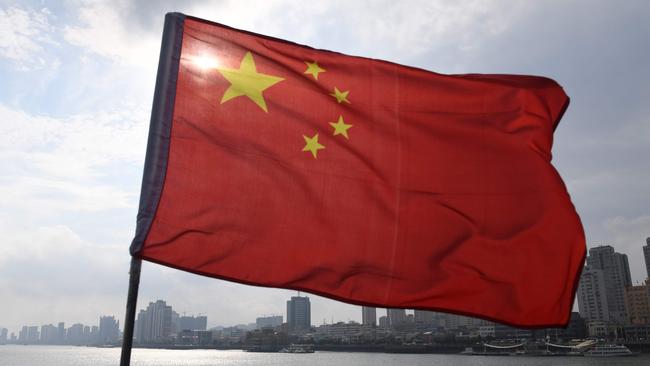
Dr Davis said the Belt and Road Initiative can basically force other countries to align themselves with it.
“It gets countries — particularly poorer countries — hooked on debts they can’t pay back,” he said. “When they can’t pay it back, China basically grabs ports, facilities or territory. It’s a debt trap strategy.
“It services their need in terms of accessing resources, sustaining contacts and national development, and maintaining that ‘China Dream’. It’s really vital for the Communist Party to maintain prosperity if they want to maintain power.”
WHAT DOES THIS MEAN FOR AUSTRALIA?
The good news is that Russia doesn’t pose a major threat to us.
“Australia is likely to play a fairly marginal role in these particular tensions,” said Dr Zala.
“Our support for the UK will be of no surprise to Moscow, and even measures such as an increase in the existing sanctions that we have placed on Russia since the annexation of Crimea in 2014 will have mostly symbolic rather than a material effect.”
Dr Davis agrees, noting that Russia is mainly focused on Europe.
But we can’t hide from China.
“We’re not isolated,” Dr Davis said. “We’re part of a globalised international system. We’re a key US ally, we’re going to be on the front lines, and we can’t avoid it.
“We’re in the thick of it now.”

